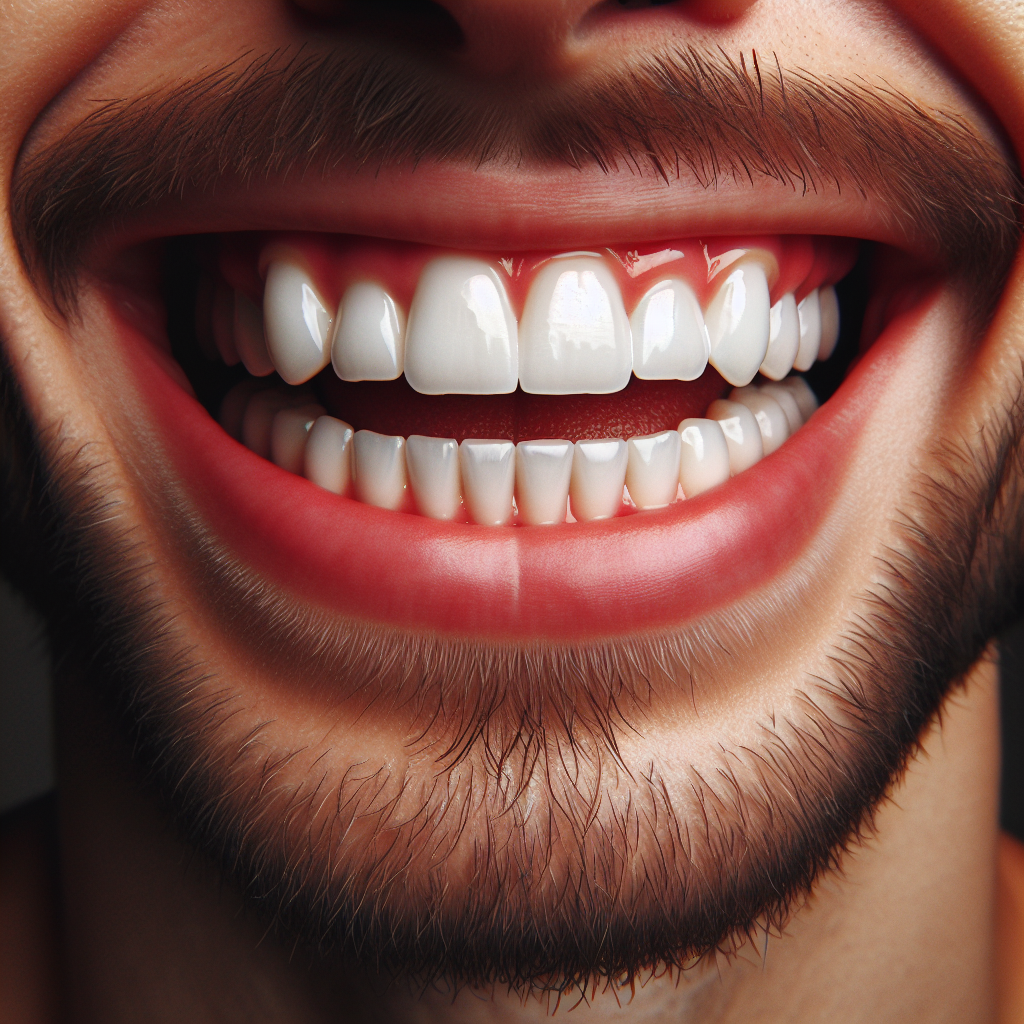Wisdom teeth, also known as third molars, are the last set of molars to emerge in adulthood, typically between the ages of 17 and 25. These teeth were essential for our ancestors hundreds of years ago to aid in grinding tough foods. However, as our diets have evolved over time to be softer and easier to chew, many people no longer have enough room in their mouths to accommodate these extra teeth. This lack of space can lead to impacted wisdom teeth, causing a variety of issues.
Impacted wisdom teeth occur when there is not enough room in the mouth for the teeth to fully emerge. This can result in pain, swelling, infection, and damage to surrounding teeth. In severe cases, impacted wisdom teeth can even lead to cysts or tumors in the jaw. It is estimated that around 85% of people will need to have their wisdom teeth removed at some point in their lives to prevent these complications.
Having wisdom teeth removed is a common surgical procedure that is typically done under local anesthesia. The recovery process can vary from person to person but usually involves some swelling and discomfort for a few days. However, the benefits of removing impacted wisdom teeth far outweigh the risks of leaving them in place. By addressing this issue early on, individuals can prevent future problems and maintain their overall oral health.
Does the Presence of Wisdom Teeth Impact Your Body?
Wisdom teeth, also known as third molars, can potentially impact your body in various ways. These teeth typically emerge between the ages of 17 and 25, but can sometimes cause issues such as pain, infection, crowding, or misalignment of adjacent teeth. In some cases, wisdom teeth may need to be extracted to prevent further complications. To learn more about how wisdom teeth can affect your body and when extraction may be necessary, continue reading below.
Can wisdom teeth affect your body?
Wisdom teeth, also known as third molars, are the last set of molars to emerge in the mouth. For some people, these teeth can cause various issues and have the potential to affect different parts of the body. Here are some ways in which wisdom teeth can impact your body:
1. Dental Health
One of the most common ways in which wisdom teeth can affect your body is through dental health. When wisdom teeth do not have enough room to emerge properly, they can become impacted. This can lead to issues such as tooth decay, gum disease, and even infections. In severe cases, impacted wisdom teeth may need to be extracted to prevent further complications.
2. Orthodontic Problems
Wisdom teeth can also cause orthodontic problems for some individuals. When these teeth start to emerge, they can push against neighboring teeth, causing crowding or shifting of the teeth. This can undo the results of orthodontic treatments like braces or aligners, leading to the need for additional dental work.
3. Sinus Issues
In some cases, wisdom teeth that are located in the upper jaw can develop roots that extend into the sinus cavity. This can lead to sinus pain, pressure, and congestion. In severe cases, it may even lead to sinus infections that require medical treatment.
4. Headaches and Jaw Pain
Impacted wisdom teeth can also cause headaches and jaw pain. When these teeth try to emerge but are blocked by other teeth or gum tissue, they can exert pressure on the surrounding areas, leading to discomfort and pain. This can manifest as headaches, jaw stiffness, and even temporomandibular joint (TMJ) disorder.
5. Overall Health
Research has shown that the health of your mouth is closely linked to your overall health. Problems with wisdom teeth can contribute to systemic issues such as heart disease, diabetes, and respiratory infections. By addressing issues with wisdom teeth promptly, you can help maintain your overall health and well-being.
According to the American Association of Oral and Maxillofacial Surgeons, about 85% of wisdom teeth will eventually need to be removed due to complications.
Conclusion
In conclusion, wisdom teeth can indeed have a significant impact on your body. These third molars can cause various issues such as overcrowding, impaction, infection, and inflammation. If left untreated, these problems can lead to pain, swelling, difficulty chewing, and even affect your overall oral health. It is crucial to monitor the development of wisdom teeth and consult with a dentist if any complications arise.
Furthermore, removing wisdom teeth is a common procedure that can help prevent future dental problems and alleviate existing discomfort. While not everyone needs to have their wisdom teeth removed, it is important to consider the potential risks and benefits of extraction. Ultimately, maintaining good oral hygiene and seeking regular dental check-ups can help identify and address any issues related to wisdom teeth before they escalate and cause more serious health concerns. By staying proactive and informed about the impacts of wisdom teeth on your body, you can make informed decisions to ensure your overall well-being.

